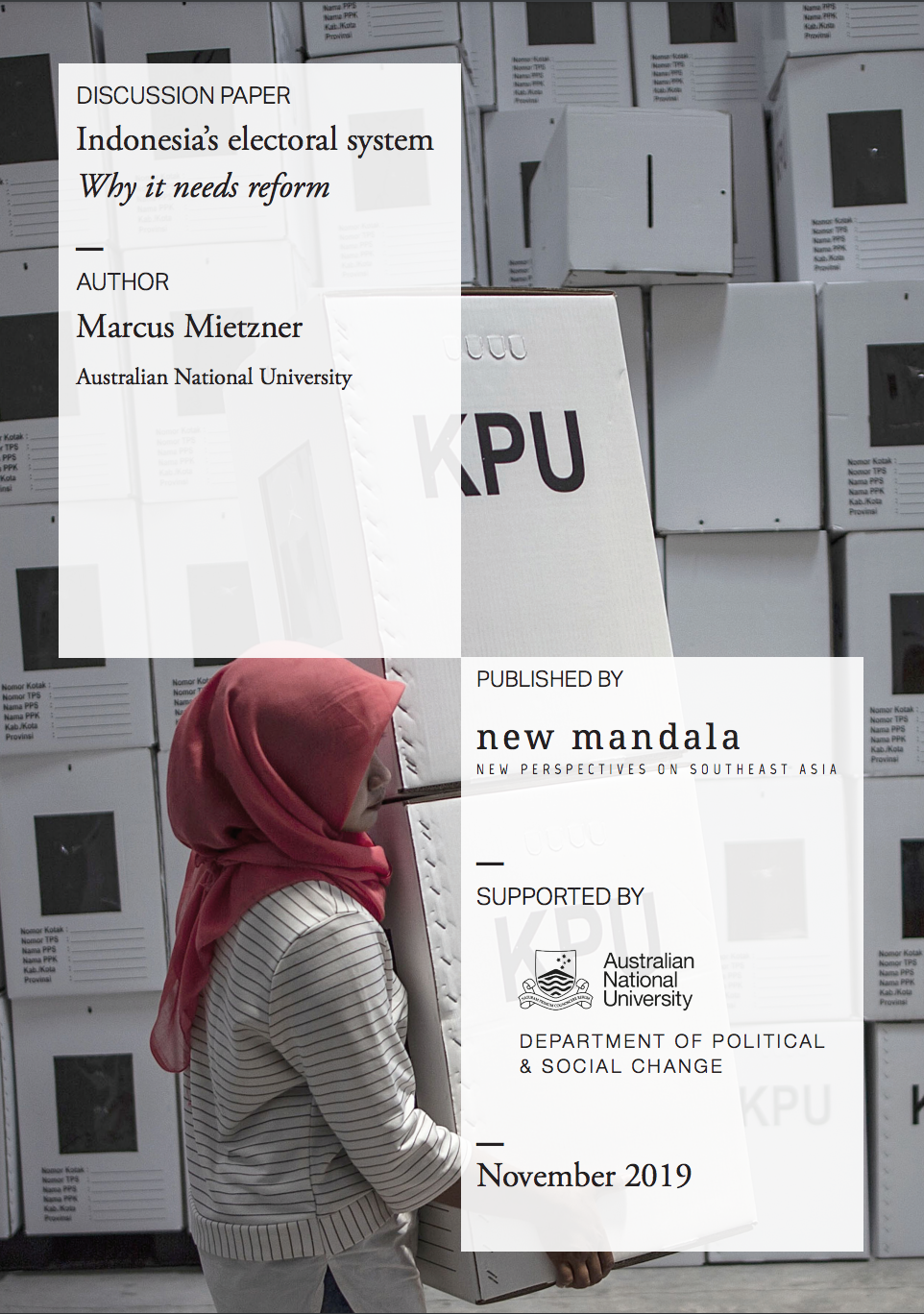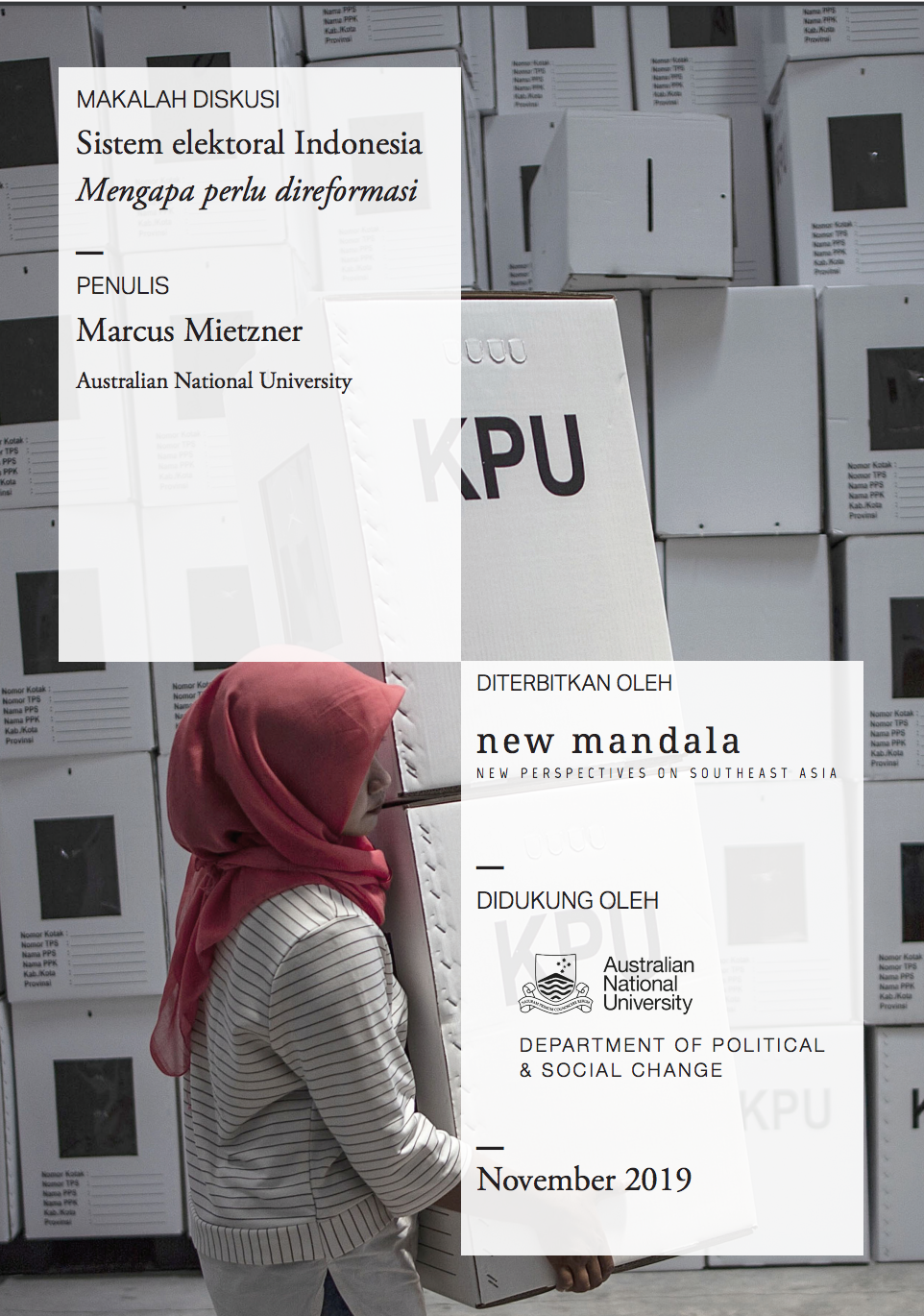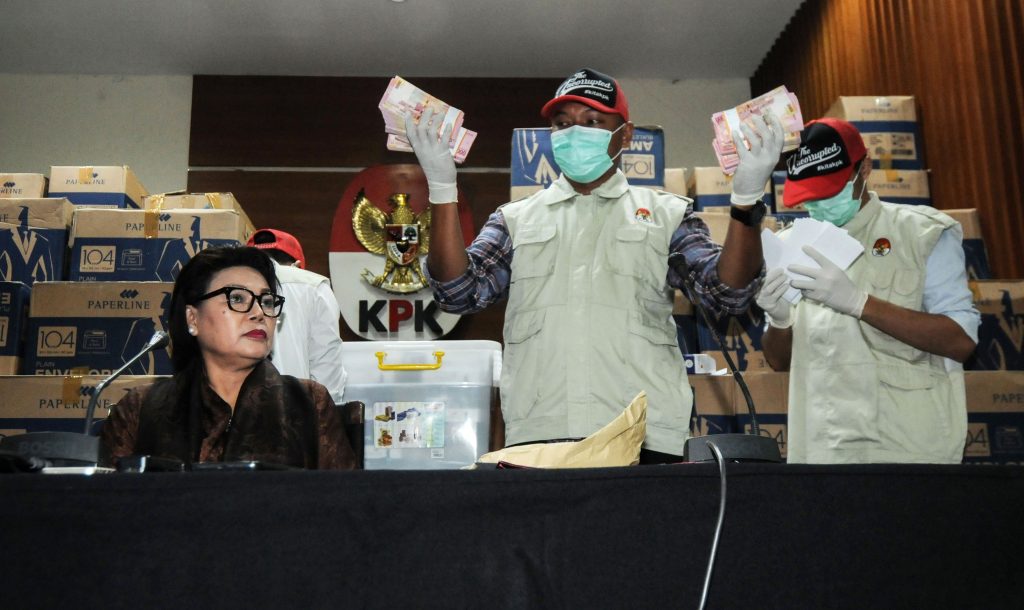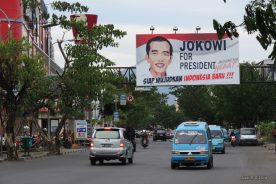Klik untuk membaca dalam Bahasa Indonesia
In April 2019, Indonesia completed its fifth national elections since the fall of the authoritarian New Order government in 1998. This constitutes a significant success, given some of the gloomy predictions for the viability of Indonesian democracy at the time of the regime change. It also presents a remarkable exception from a tradition of democratic breakdown, populist revival and authoritarian endurance in many of Indonesia’s Southeast Asian neighbours.
What’s more, Indonesia’s elections have generally been considered free, fair and competitive, with few credible suggestions of systematic fraud in national-level ballots. Thus, the country of 260 million people (and almost 200 million voters in 2019) deserves credit for pulling off such a logistically, politically and social challenging feat five times in a row.
But this overall success should not distract from a host of problems that continue to undermine the elections’ democratic quality. In recent years, international democracy indexes have recorded a slow but substantial decline in a range of democratic indicators, and many authors have begun to diagnose a new phase of democratic backsliding after a decade of stagnation.
Jokowinomics gambles with Indonesia’s democratisation
Jokowi's controversial new cabinet aims to secure buy-in from elites for large-scale economic reform. Will the wager pay off?
Accordingly, it would be complacent to view the conduct of Indonesia’s fifth post-authoritarian election as evidence for the polity’s continued consolidation and maturing. Instead, the seemingly paradoxical concurrence of these elections with patterns of democratic decline should be used as a trigger to investigate how structural problems inherent in the electoral system have contributed to Indonesia’s apparent inability to move to the next level of democratic development.
This new discussion paper, Indonesia’s electoral system: why it needs reform, therefore highlights some of the main “construction sites” of the electoral system that will require attention in the years to come. In doing so, it draws from a June 2019 conference on electoral reform held in Jakarta at the Centre for Strategic and International Studies (CSIS), in cooperation with the Australian National University’s Department of Political and Social Change within the Coral Bell School of Asia Pacific Affairs. The conference brought together Indonesian and international experts and practitioners in the field of electoral system reform.
While a wide range of views were expressed, the paper focuses on those areas in need of reform that received the most consideration at the conference. These were: the dysfunctional political funding system; the prevalence of vote buying under the open party list system; the continuously tightened party entry and nomination thresholds; the struggle to increase female representation in parliament; and possible mechanisms to express dissatisfaction over the status quo without abstaining. How these problems are fixed should be subject to a democratic and inclusive discussion within Indonesian society at large—and not only among elite actors interested in defending the status quo.
Click on the image below to download the paper in English.

• • • • • • • •
Pada April 2019, Indonesia melaksanakan pemilihan umum nasional kelima sejak jatuhnya Orde Baru pada 1998. Ini pencapaian signifikan mengingat bahwa pada masa perubahan rezim, nasib demokrasi Indonesia diprediksi bakal suram oleh beberapa kalangan.
Bahkan, Pemilu 2019 merupakan kekecualian dari pola kehancuran demokrasi, kebangkitan populisme, dan kelanjutan pemerintahan otoriter yang mengemuka di banyak negara tetangga Indonesia di Asia Tenggara. Secara umum pemilihan umum di Indonesia dianggap bebas, adil, dan kompetitif, tanpa banyak tudingan kredibel soal kecurangan sistematis dalam penghitungan suara di tingkat nasional. Secara keseluruhan, Indonesia layak mendapatkan pujian karena telah mengatasi tantangan logistik, politik, dan sosial yang kompleks selama lima kali berturut-turut.
Namun, keberhasilan umum tersebut sebaiknya tidak membuat kita tutup mata dari sejumlah masalah yang terus merongrong kualitas demokrasi elektoral di Indonesia. Dalam beberapa tahun terakhir, indeks demokrasi internasional mencatat penurunan yang substansial, walaupun perlahan, dalam berbagai indikator demokrasi. Akhir-akhir ini banyak penulis juga mulai menilai bahwa demokrasi Indonesia telah memasuki sebuah fase baru kemunduran setelah satu dekade kemandekan.
Dengan demikian, terlalu berpuas diri namanya, jika ada yang memandang pelaksanaan pemilu kelima Indonesia pasca-rezim otoriter ini merupakan bukti berlanjutnya konsolidasi dan kedewasaan sistem politik demokratis. Alih-alih, sukses pelaksanaan pemilu di Indonesia yang tampak bertentangan dengan berbagai pola penurunan demokrasi mesti dimanfaatkan untuk mendorong penelusuran lebih jauh tentang bagaimana masalah struktural yang inheren dalam sistem pemilu berkontribusi pada ketidakmampuan Indonesia untuk naik ke tingkat perkembangan demokrasi selanjutnya.
Dengan latar belakang tersebut, makalah ini menyoroti beberapa “tempat konstruksi” utama sistem pemilihan di Indonesia, yang akan membutuhkan perhatian berbagai pihak di masa depan. Makalah ini mengangkat poin-poin diskusi dari konferensi tentang reformasi pemilu pada Juni 2019 di Jakarta yang diselenggarakan oleh Center for Strategic and International Studies (CSIS) bekerja sama dengan Departement of Political and Social Change, Coral Bell School of Asia Pacific Affairs, Australian National University. Konferensi tersebut menggandeng para pakar dan praktisi Indonesia dan internasional dalam bidang reformasi sistem pemilu.
Walaupun pandangan yang disajikan dalam konferensi itu sangat beragam, makalah ini berfokus pada beberapa aspek yang penting untuk direformasi dan mendapat perhatian khusus dalam konferensi. Aspek-aspek tersebut adalah: sistem pendanaan partai politik yang amburadul; praktik jual-beli suara yang semakin merajalela di bawah sistem proporsional terbuka; persyaratan pendirian partai baru dan ambang batas pencalonan yang semakin ketat; tantangan untuk meningkatkan keterwakilan perempuan di parlemen; dan kemungkinan menciptakan suatu mekanisme untuk menyatakan ketidakpuasan publik terhadap status quo tanpa abstain dalam pemilihan.
Bagaimana masalah-masalah ini ini deperbaiki harus menjadi topik diskusi yang inklusikf dan demokratis dalam masyarakat Indonesia secara luas, bukan hanya di kalangan aktor-aktor elite yang berkepentingan membela status quo.
Klik untuk membaca makalah dalam Bahasa Indonesia

 Facebook
Facebook  Twitter
Twitter  Soundcloud
Soundcloud  Youtube
Youtube  Rss
Rss 



